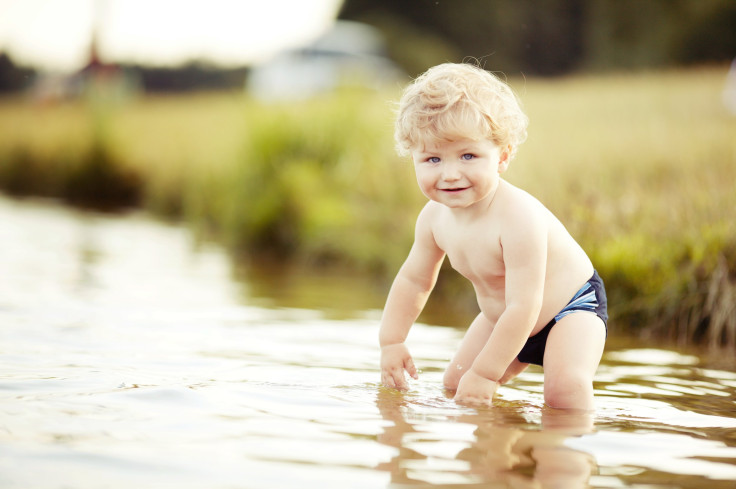Summer Swimming With Caution: CDC Links Norovirus Outbreak To Lake, Warns Kids Most At Risk

You may know about norovirus from several reports last year, when the virus spread through cruise ships, sickening hundreds of passengers. But the Centers for Disease Control and Prevention (CDC) is warning about another place where people are likely to become infected: lakes.
In a new study published in the agency’s Morbidity and Mortality Weekly Report, researchers found that an outbreak of norovirus last summer, which likely sickened 70 people, could be traced back to Blue Lake Regional Park in Portland, Ore. All of the illnesses occurred on the weekend of July 11-13, during which time 15,400 people visited the park. Researchers with the CDC found that people who swam in the lake were about 2.3 times more likely to become ill than those who didn’t.
While the CDC couldn’t say exactly what caused the outbreak, it’s suspected that someone already sick with the virus either vomited or had diarrhea while in the water. Other swimmers likely swallowed the contaminated water.
While anyone is at risk of becoming sick from norovirus, the CDC says children are most at risk in swimming areas. “Children are prime targets for norovirus and other germs that can live in lakes and swimming pools because they’re so much more likely to get the water in their mouths,” said Michael Beach, associate director for healthy water at the CDC, according to CBS News. “Keeping germs out of the water in the first place is key to keeping everyone healthy, and helping to keep the places we swim open all summer.” To control the outbreak, Blue Lake was closed for 10 days after the illnesses were first reported.
Norovirus is highly contagious, and can be transmitted by an infected person as well as contaminated food and water. Once it’s contracted, it causes a person’s stomach or intestines, or both, to become inflamed — known as acute gastroenteritis. In turn, symptoms include vomiting, diarrhea, and stomach pain.
The CDC said people who visit lakes and other natural recreational water venues are at a higher risk of infection since these bodies of water can’t be treated with chemicals, and norovirus can survive in water months or even years.
To reduce risk of contracting norovirus, the CDC recommends the following tips:
Don't swim if you have symptoms of diarrhea, or if you've been vomiting
Don't swallow swimming water
Take a pre-swim shower
Don't pee or poop in the pool or lake
Parents should take their children on bathroom breaks every hour. For very young children, parents should check diapers frequently, and keep dirty diapers away from the water



























